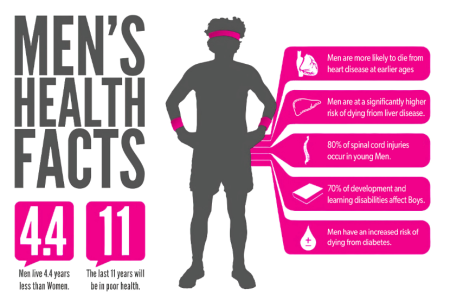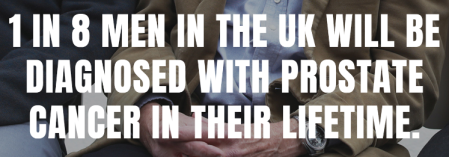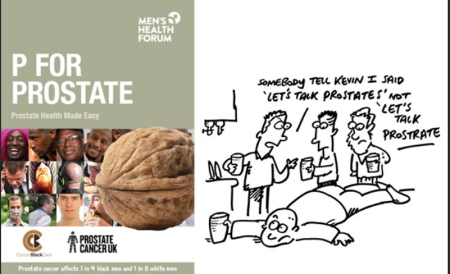Men’s Health Month is designed to raise awareness of three key health issues: mental health and suicide prevention, prostate cancer and testicular cancer.
The aim of the month is to encourage men to start conversations about their health, and to seek support if they need it.
· Four in five suicides are by men, with suicide the biggest cause of death for men under 35. [1]
· In 2022, men aged 40 to 54 had the highest suicide rates in the UK. [2]
· In 2017, 12.5% of men in the UK were experiencing some form of common mental health condition. [3]
· Nearly three-quarters of adults who go missing are men. [4]

(Nursenextdoor.com)
Why is a focus on Men's Health and Wellbeing Important?
Men are at higher risk for many serious diseases, including heart disease, lung cancer, and HIV. Men also face unique health problems that don't affect women, like prostate cancer. To improve men's health, it's important to raise awareness about preventive screenings and regular health care for men of all ages. (Health.gov)
Men are more likely to experience chronic health conditions earlier than women because of different lifestyle, biological and social factors. These include smoking, alcohol and substance abuse, stress, hormones, metabolism, genes, lack of exercise, unhealthy diet and lack of regular check ups. (TeneHealth.com)
But, while it’s not always the case, men can also be reluctant to seek help for health issues, or even acknowledge when there may be a problem. What’s more, we know that many conditions have gone undiagnosed, or treatment has been left later than usual, due to the disruption caused by the COVID-19 pandemic.
To improve men's health, it's important to raise awareness about preventive action and regular healthcare for men of all ages, remembering that early intervention saves lives. The message to men today is that it’s crucial to take notice of what’s going on in your body and mind. (BupaGlobal.com)









